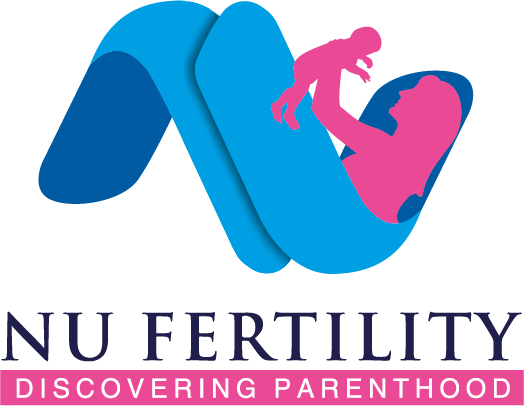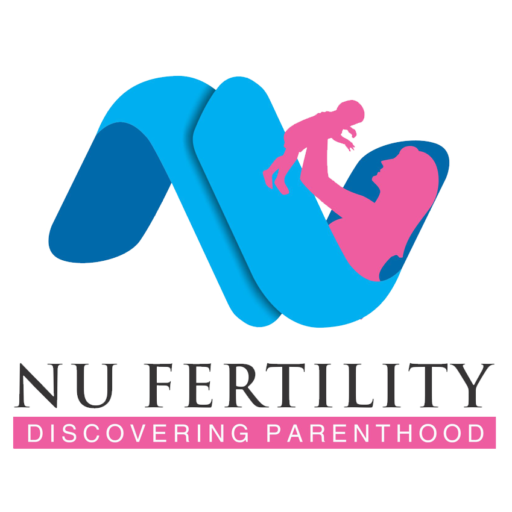Infertility is a medical condition that affects both the male and female reproductive systems, characterized by the inability to conceive a pregnancy even after engaging in regular unprotected sexual intercourse for a period of 12 months or longer. Various factors can contribute to infertility, including hormonal imbalances, genetic disorders, and certain lifestyle choices. Understanding the causes of infertility is crucial in order to seek appropriate medical interventions and explore potential treatment options.
Causes of infertility
Various factors can contribute to infertility, which hinder the ability to conceive even after engaging in carefully timed sexual intercourse for a year or more. Females are born with approximately one million eggs in their ovaries, but the quantity and quality of viable eggs diminish as they age. While male sperm count may not decline with age, the quality and capacity of sperm to successfully fertilize an egg does decrease.
In females, there are several issues that can affect fertility, such as ovulation disorders, cervical abnormalities, fallopian tube blockage, early menopause, pelvic inflammation, or adhesion, as well as cancer and its associated treatments. In males, factors such as abnormal sperm production, problems with sperm delivery, overexposure to certain environmental factors, and damage caused by cancer can impact fertility.
Diagnosis of infertility
To determine infertility, doctors conduct a series of thorough assessments for both men and women. For men, a semen analysis plays a crucial role in evaluating fertility. Semen analysis is used to examine the sperm count, motility, and morphology. Hormonal tests are also conducted to assess testosterone levels and identify any potential endocrine issues that could impact sperm production. Additionally, a physical examination can reveal any structural abnormalities in the reproductive organs.
For women, the diagnostic process usually starts with a detailed medical history, including information about their menstrual cycle, contraceptive use, and any past pregnancies. Additionally, gynaecological examinations, such as pelvic ultrasounds, may be performed to identify any structural abnormalities in the reproductive organs. Hormonal tests are also conducted to evaluate ovarian function by measuring levels of hormones such as follicle stimulating hormone (FSH), luteinizing hormone (LH), estradiol, and progesterone. Egg reserve can be assessed by AMH test or AFC on pelvic scan. Tubal blockage can be detected performing HSG/SIS/HyCoSY procedures.
Treatment of infertility

With the help of advanced technology, there are now numerous ways to assist individuals dealing with fertility issues. The most suitable options for you will depend on your personal circumstances and the specific cause of your infertility. Sometimes, only one person requires treatment, while in other cases, both partners may need a combination of treatments.
Making lifestyle modifications can improve fertility. Maintaining an optimal weight, engaging in regular physical activity, and adhering to a well-balanced diet play a crucial role. Abstaining from tobacco, consuming alcohol in moderation, and effectively managing stress are essential factors in maximizing reproductive well-being.
Fertility treatments often involve the use of medications to regulate hormones and ovulation, sometimes accompanied by minor surgical procedures. Assisted Reproductive Technology (ART) includes various procedures that can increase the chances of conceiving a baby. These procedures aim to facilitate the fertilization of an egg by sperm and support the successful implantation of the embryo to the lining of the uterus.
Intrauterine insemination (IUI) and in vitro fertilization (IVF) are two widely used methods for fertility treatment. In IUI, semen is collected, washed to obtain better quality sperms and directly inserted into the uterus during ovulation. On the other hand, IVF involves retrieving eggs from the ovaries and fertilizing them with sperm in a laboratory. Following development into embryos, they are then transferred into the uterus.
Ovulation induction is a fertility treatment that can be used alongside assisted conception procedures like IUI and IVF, or on its own. The main goal of this treatment is to stimulate the ovaries and encourage the release of multiple mature eggs during an ovulation cycle. By using specific medications (Clomiphene Citrate, Gonadotropins, Aromatase inhibitors) we can regulate and enhance the production of hormones responsible for ovulation. This approach aims to increase the number of eggs available for fertilization, ultimately increasing the chances of successful conception.
Certain conditions require surgical intervention. Common procedures include:
Laparoscopy: Laparoscopy is a type of surgery that is often used to treat conditions such as endometriosis, ovarian cysts, or pelvic adhesions. It is a minimally invasive procedure where a small, illuminated tube is inserted through tiny incisions to identify and address problems with the reproductive organs.
Hysteroscopy: Hysteroscopy is used to diagnose and treat any abnormalities within the uterine cavity. It is an effective way to remove or correct polyps, fibroids, septum or adhesions that may be affecting fertility.
Varicocelectomy: In cases where male infertility is attributed to varicoceles, which are enlarged veins in the scrotum, a varicocelectomy is carried out. This surgical procedure is performed to repair the dilated veins and improve blood flow in the testicles. This surgery helps boost sperm production and improves the quality of sperm.
In conclusion, infertility presents a difficult path that affects individuals on both emotional and physical levels. Nevertheless, by adopting a comprehensive strategy that includes medical interventions, lifestyle modifications, and diverse reproductive technologies, there are opportunities for conceiving. The success of each treatment method depends on individual circumstances, which is why it is important to seek personalized medical advice. If you and your partner are facing fertility challenges, it is best to consult reproductive specialists who can guide you towards the most suitable course of action for your specific need.
NU Fertility at NU Hospitals in Shivamogga offers advanced treatment choices for individuals experiencing infertility. The highly experienced doctors at NU Fertility possess extensive expertise in the field of reproductive health and are adept at managing even the most delicate cases with utmost skill and accuracy. If you are facing infertility issues or have any inquiries related to fertility, reach out to the specialists at NU fertility.
References:
- Infertility. NHS. https://www.nhs.uk/conditions/infertility/.
- Fertility Testing & Diagnosis for Women. WOMEN & INFANTS. https://fertility.womenandinfants.org/treatment/female-fertility-tests.
- Fertility Testing & Diagnosis for Men. WOMEN & INFANTS. https://fertility.womenandinfants.org/treatment/fertility-tests-for-men.
- Fertility Treatments. Planned Parenthood. https://www.plannedparenthood.org/learn/pregnancy/fertility-treatments
Author: Dr. Abhilash E



